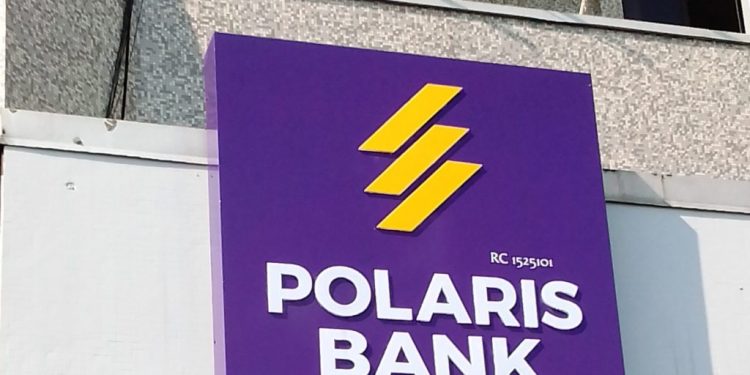With Nigeria’s new banking capitalization rules set to take full effect by March 31, 2026, commercial banks are scrambling to raise capital or consolidate. While tier-1 banks have successfully raised over ₦1 trillion in fresh funding from the stock market, smaller banks like Polaris and Keystone are now exploring mergers to meet the ₦200 billion minimum capital requirement for national banks.
Polaris and Keystone in Early-Stage Merger Talks
According to multiple sources, at least three banks—including Polaris and Keystone—are in discussions about potential mergers. Though the talks are still in the early stages, these banks will need significant funding to meet the CBN’s tenfold increase in capital requirements.
For instance, Polaris Bank’s 2022 financial statements show a capital base of ₦50.43 billion, meaning it must raise an additional ₦150 billion. While Keystone Bank’s financials are not public, it is expected to face a similar funding gap.
Neither Polaris nor Keystone responded to requests for comment.
Mergers: A Necessary Strategy for Survival?
Bank mergers are not new in Nigeria. During the last major recapitalization in 2004, the number of banks shrank from 89 to 25. A similar trend is already unfolding, with the CBN approving a merger between Unity Bank and Providus Bank in August 2024, creating a new ₦3 trillion entity.
Global firms like Moody’s and KPMG expect more consolidations in the sector, though mergers often come with challenges such as ownership dilution, cultural mismatches, and regulatory complexities.
For Polaris and Keystone, a merger could be more than just a way to meet capital requirements—it could serve as a lifeline after recent regulatory troubles. In January 2024, the CBN dismissed the boards of Union, Keystone, and Polaris, citing corporate governance failures and regulatory breaches. Investigations have also linked former CBN governor Godwin Emefiele to controversial acquisitions of Union and Keystone banks.
Why the CBN Wants Stronger Banks
The push for higher capitalization is driven by Nigeria’s macroeconomic challenges and the government’s ambition to build a $1 trillion economy by 2030. Larger, well-capitalized banks are expected to boost lending to businesses and individuals, strengthening the economy.
Big players like GTCO, Access Bank, and Zenith Bank have already raised billions to meet the new capital thresholds. In January 2025, GTCO raised ₦209 billion, while Zenith Bank pulled in ₦350.4 billion through a rights issue and public offer.
For smaller banks, however, the options are limited—raise capital independently or merge to survive. With the March 2026 deadline fast approaching, Polaris and Keystone may soon finalize their next move in a rapidly shifting banking landscape.

































